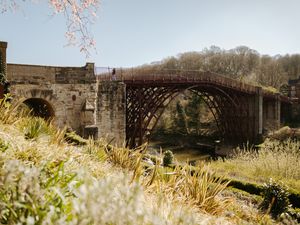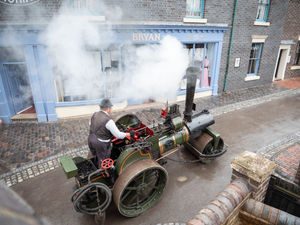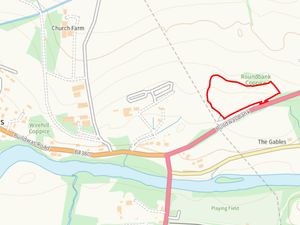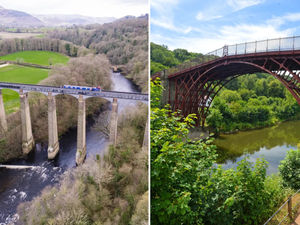Scaffolding up as repairs start to iconic Bedlam Furnaces
Scaffolding has sprung up around an icon of Shropshire's World Heritage Site, as a £1.2 million project is launched to save it.
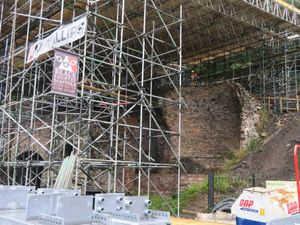
The Bedlam Furnaces in Ironbridge has been classed as being "at risk" by Historic England, and work has now begun to protect them for the future.
The scaffolding will allow a huge canopy to be put over the furnaces, which will protect it from the elements in future.
The Grade II* listed Scheduled Ancient Monument, just off the B4373, is in need of urgent stabilisation and conservation.
Several severe winters and the exposed nature of the structure have caused the deterioration of the brickwork and hard cappings and the general deterioration in its condition.
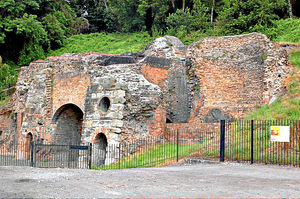
It is thought to be the last surviving furnace of its kind in the country.
While Abraham Darby I came to Coalbrookdale in 1708 or 1709 to begin work perfecting the use of coke to smelt iron, it wasn’t until about two or three decades later that it took off.
Paul Gossage, a spokesman for the Ironbridge Gorge Museums Trust, said the Bedlam Furnaces were the first to be built specifically for the process of using coke, which makes them significant in the area’s role as part of the industrial revolution.
After much fundraising by the trust, and with help from Historic England, who has provided a grant of £700,000 and English Heritage, a plan has been made to put a canopy over the top of the furnaces, which will protect them from the weather in future.
The total build will take about four months. Once the cover is in place, workers will then begin doing work to protect the masonry.
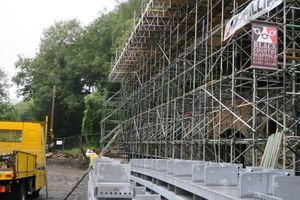
It comes as it was announced earlier this week that work will begin to restore the Iron Bridge in September.
The world's first iron bridge is suffering from cracking due to stresses in the ironwork dating from the original construction, ground movement over the centuries, and an earthquake at the end of the 19th century.
English Heritage's major conservation programme, set to cost £1.25 million, will see involve work on iron radials and braces holding the bridge together, the deck plates and wedges, the main iron arch, and the stone abutments on either side of the Severn.
It is the single biggest piece of conservation work ever under taken by English Heritage.

